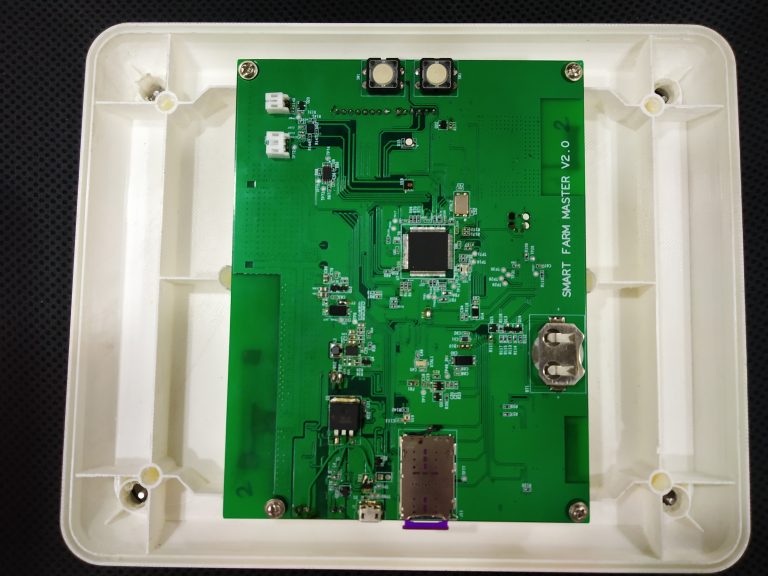
Technology diffusion will facilitate the transformation of African economies into knowledge economies. It has the potentials to spur growth as well as facilitate the integration through homogeneity of products.
Diffusion has few pathways, especially for those technologies which have been developed already and matured or maturing. In the case of nanotechnology and microelectronics, the most dominant of these creative technologies, there are zero incentives for any nation to begin a process of trying to develop it by itself.
The technology is already developed and matured in some economies. The best paradigm is to adopt and henceforth work towards its diffusion in the economy. One way that is prominent within the technology transfer circle is foreign direct investment (FDI) where multinational companies build factories or plants in the target nations.
Register for Tekedia Mini-MBA edition 19 (Feb 9 – May 2, 2026): big discounts for early bird.
Tekedia AI in Business Masterclass opens registrations.
Join Tekedia Capital Syndicate and co-invest in great global startups.
Register for Tekedia AI Lab: From Technical Design to Deployment (begins Nov 15th).
While this is usually possible in many industries owing to the supply of local labor force, it is challenging to use this pathway in the highly specialized and sophisticated technology like nanotechnology and microelectronics.
The major challenge is finding the pool of labor that can sustain the new firms as they establish and grow in their new bases. In other words, for any success for sustainability, there is a need for an organic pipeline of workers, which usually requires a solid educational system.
So central to emerging technology adoption and subsequent diffusion is availability of local knowledge workers. Without these workers, no diffusion could be possible especially in the real case of technology creation. Efficient bottom-up creative technology diffusion must coincide with solid education. Schools, at tertiary levels, involving universities and polytechnics must play central roles.
The most difficult challenge for technology diffusion, especially the hi-tech ones in Africa is lack of trained professionals who can actually educate the students. Overcoming this challenge could come through the use of emerging technologies to support the few experts presently practicing in these nations.
African Union can work with African Development Bank to strengthen education programs across the continent in the following ways (next post update).


